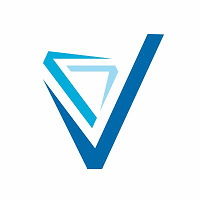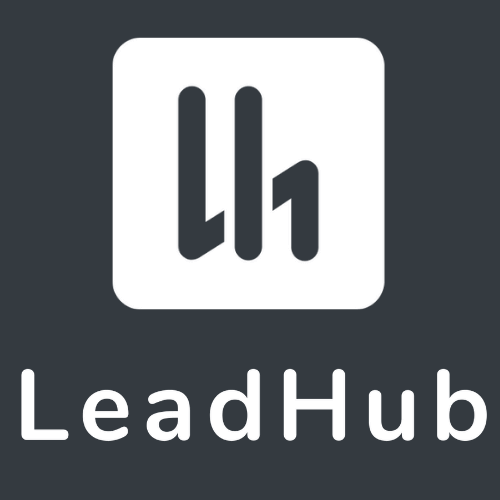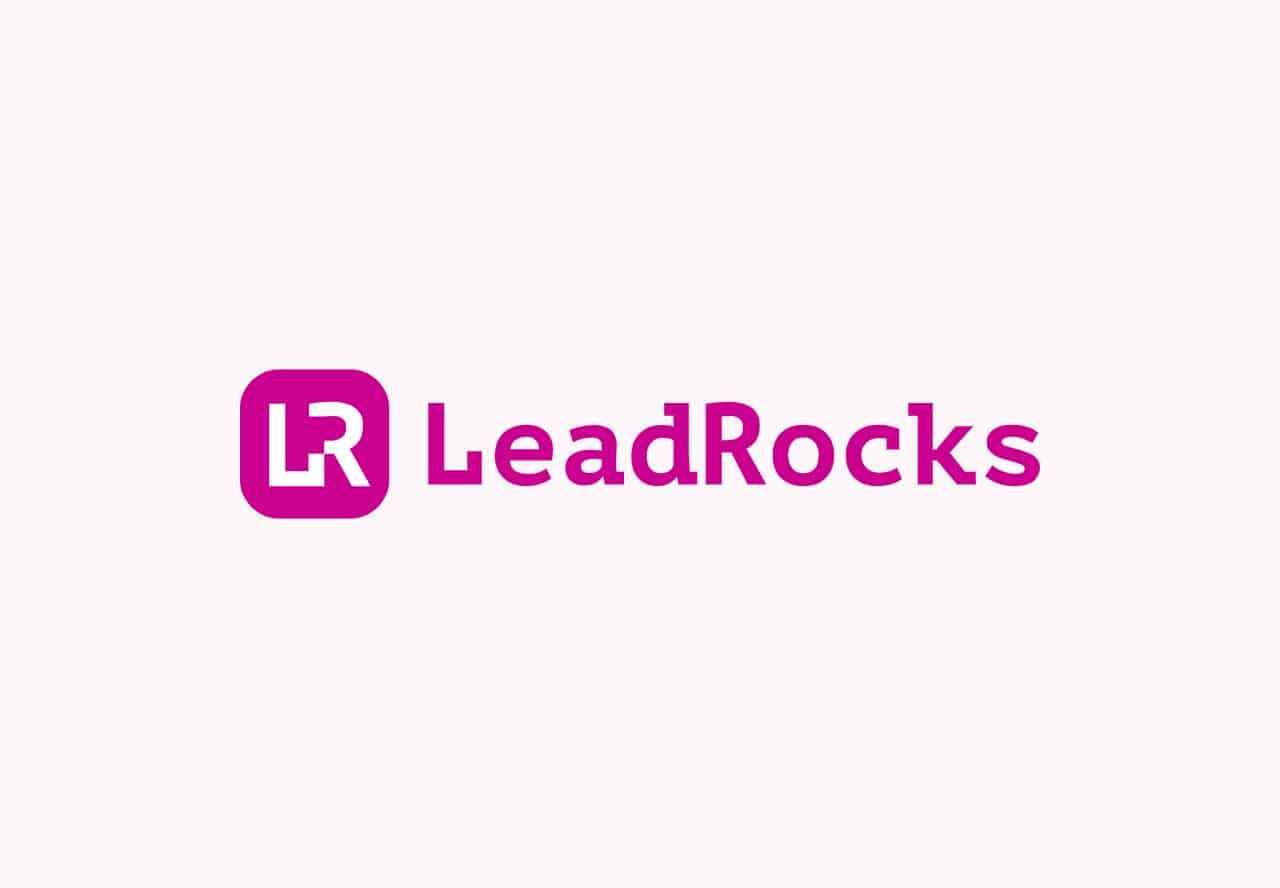Description

Velocify

LeadHub
Comprehensive Overview: Velocify vs LeadHub
Certainly, here's an overview of Velocify, LeadHub, and Ocean.io, focusing on their primary functions, target markets, market share, user base, and key differentiating factors.
Velocify
a) Primary Functions and Target Markets:
-
Primary Functions: Velocify, a cloud-based lead management and sales acceleration platform, facilitates the process of managing leads through automation and prioritization to improve sales productivity. It offers features like lead scoring, lead routing, automated email marketing, and sales dialer integration.
-
Target Markets: Velocify primarily targets sales teams across various industries, with a notable presence in sectors like insurance, mortgage, and higher education, where leads need to be managed efficiently to boost conversion rates.
b) Market Share and User Base:
- Velocify has a significant position in the sales automation and CRM markets, but specific data on its exact market share and user base is not regularly published. However, it is integrated with platforms like Salesforce, expanding its reach to users of leading CRM solutions.
c) Key Differentiating Factors:
-
Integration Capabilities: Velocify's strong integration with Salesforce and other CRM platforms enhances its utility for organizations already relying on those systems.
-
Lead Scoring and Routing: Its advanced lead scoring and routing systems provide a competitive edge, especially in sectors requiring quick and efficient lead management.
-
Focus on Specific Industries: Unlike more generalized CRM solutions, Velocify focuses heavily on industries like mortgage and insurance, offering tailored solutions.
LeadHub
(Note: As of my last update, there might be multiple products or services named "LeadHub." Ensure you're referring to the right context.)
a) Primary Functions and Target Markets:
-
Primary Functions: Generally, LeadHub refers to platforms that function as lead management or marketing automation solutions. Such platforms typically offer CRM capabilities, email marketing, and analytics to improve lead capture, tracking, and conversion processes.
-
Target Markets: The target market can vary, focusing on small to medium-sized enterprises looking for cost-effective lead generation and management solutions.
b) Market Share and User Base:
- Specific market share details and user base statistics for LeadHub platforms are not broadly available, likely because they cater to niche or regional markets rather than global or enterprise-scale operations.
c) Key Differentiating Factors:
-
Customization and Usability: Many such platforms emphasize ease of use and customization, appealing to SMEs with limited technical resources.
-
Pricing Models: Often, affordable pricing tiers make these platforms accessible to smaller businesses compared to enterprise-focused solutions.
Ocean.io
a) Primary Functions and Target Markets:
-
Primary Functions: Ocean.io is a data-driven B2B account-based marketing platform that uses AI to identify and engage with potential customers. It provides tools for market segmentation, lead generation, and enhancing data quality.
-
Target Markets: Its target market is primarily B2B companies seeking to refine their marketing strategies and improve sales by leveraging data analytics for better targeting.
b) Market Share and User Base:
- While not a major player like Salesforce or HubSpot, Ocean.io is growing in the account-based marketing space, especially among businesses looking for innovative data-driven solutions. Exact market share statistics are typically proprietary.
c) Key Differentiating Factors:
-
AI Integration: Ocean.io's emphasis on artificial intelligence and data analytics for discovering potential leads stands out, offering granular insights that other platforms might not provide.
-
Focus on Data Quality: The platform stresses improving data quality and match rates, which is crucial for effective account-based marketing campaigns.
Overall Comparison:
-
Market Positioning: Velocify is well-established in sales acceleration for specific industries, LeadHub (if considered accurately) may focus on SMBs, whereas Ocean.io appeals to B2B markets prioritizing data analytics.
-
Differentiating Factors: Velocify excels in lead management for sales cycles, LeadHub platforms emphasize ease and affordability, and Ocean.io specializes in data-driven market insights.
These products serve unique business needs, helping organizations manage leads and target their marketing efforts more effectively across varying scales and market areas. For specific current data, consulting the latest industry reports or the companies' recent announcements might provide updated insights.
Contact Info

Year founded :
2004
+1 844-327-3296
Not Available
United States
Not Available

Year founded :
2011
Not Available
Not Available
United States
http://www.linkedin.com/company/lead-hub
Feature Similarity Breakdown: Velocify, LeadHub
When comparing Velocify, LeadHub, and Ocean.io, each of these CRM and lead management solutions has distinct offerings tailored to various business needs. Here's a feature similarity breakdown:
a) Core Features in Common:
-
Lead Management:
- All three platforms offer robust lead management capabilities, allowing users to capture, track, and nurture leads through their sales pipeline.
-
CRM Integration:
- Each platform typically integrates with popular CRM systems to streamline sales processes and improve data consistency.
-
Automation Tools:
- Automation is a common feature, providing workflow automation to help with tasks like follow-up emails, lead assignment, and reminders.
-
Analytics and Reporting:
- They all offer analytics and reporting features, enabling users to assess lead quality and track performance metrics to optimize sales strategies.
-
Contact Management:
- Users can manage contacts efficiently with detailed information and interaction history across all platforms.
b) User Interface Comparison:
-
Velocify:
- Velocify is known for its straightforward and user-friendly interface focused on sales team productivity. It offers a dashboard that allows quick access to lead statuses and tasks.
-
LeadHub:
- LeadHub often emphasizes a visually intuitive interface that enables users to customize their dashboards and workflows. It tends to offer a more modern and flexible UI suitable for businesses seeking customization.
-
Ocean.io:
- Ocean.io typically provides a clean and data-driven interface, focusing on lead scoring and enrichment, which presents information in a structured manner. Its UI may appeal more to data-oriented users.
c) Unique Features:
-
Velocify:
- Velocify uniquely integrates with dialing and messaging systems, offering a seamless experience for sales teams that rely heavily on outbound communication.
-
LeadHub:
- LeadHub often includes a feature-rich environment with deep customization options and a strong focus on omnichannel communication, making it ideal for businesses looking for more than just basic lead management.
-
Ocean.io:
- Ocean.io's standout feature is its use of AI for lead scoring and data enrichment, which helps in identifying high-potential leads by analyzing vast datasets, setting it apart for companies focused on data science-driven approaches.
In summary, while Velocify, LeadHub, and Ocean.io share common core features such as lead management and automation, they differ in user interface design, catering to varying user preferences from simplicity to data intensity. Each tool also provides unique offerings like Velocify’s integration with communication tools, LeadHub’s customization abilities, and Ocean.io’s AI-driven features.
Features

Reporting and Analytics
Sales Automation
Lead Management
Communication Tools

Integration
Lead Management
Communication Tools
Analytics and Reporting
Best Fit Use Cases: Velocify, LeadHub
Certainly! Let's delve into each of these platforms to understand their best fit use cases:
a) Velocify
Best Fit Use Cases:
- Industries: Velocify is best suited for industries that rely heavily on sales and lead management, such as real estate, mortgage, insurance, and higher education.
- Business Types: Medium to large-sized sales-oriented businesses seeking to optimize their lead engagement and improve sales team efficiency.
- Projects: High-volume lead generation and management projects where comprehensive tracking and automated follow-ups are essential.
Why Velocify?
- Velocify is designed to streamline the sales process by helping sales teams prioritize leads, automate outreach, and nurture leads through the sales funnel. It provides reporting and analytics that are crucial for assessing sales team performance and lead conversions.
b) LeadHub
Best Fit Use Cases:
- Industries: LeadHub is highly versatile and can be used across multiple industries, including digital marketing, e-commerce, and small to medium-sized local businesses.
- Business Types: Small to medium-sized businesses with a focus on customer relationship management and local lead generation.
- Projects: Projects aimed at enhancing local SEO and online presence, managing customer relationships, and integrating various marketing channels to maximize lead capture.
Why LeadHub?
- LeadHub caters to businesses that need to manage and optimize digital marketing efforts effectively. It stands out where there's a necessity for easy-to-use CRM functionalities and integrated marketing tools to enhance customer interaction and local SEO.
c) Ocean.io
Best Fit Use Cases:
- Industries: Ideal for B2B businesses involved in strategic sales, marketing, and data-driven decision-making.
- Business Types: Companies of varying sizes, particularly those with a robust B2B focus, looking to enhance their market intelligence and improve target marketing efforts.
- Projects: Projects centered around market research, data enrichment, and finding new market opportunities through advanced segmentation and analytics.
Why Ocean.io?
- Ocean.io excels when there's a need for detailed business insights and data-driven targeting. It utilizes AI to refine lead-generation efforts targeting specific business segments and enhances account-based marketing strategies by providing deep market insights.
d) Industry Verticals and Company Sizes
Velocify:
- Industry Vertical Suitability: Primarily used in highly competitive, sales-driven industries with a need for structured lead management.
- Company Size: Best for medium to large companies where the sales process is complex and involves a large volume of leads.
LeadHub:
- Industry Vertical Suitability: Suited for industries looking for strong digital presence and CRM capabilities like retail, hospitality, and service businesses.
- Company Size: Primarily small to medium-sized enterprises that require comprehensive but straightforward tools to enhance customer engagement.
Ocean.io:
- Industry Vertical Suitability: B2B sectors that require enhanced targeting and market insights for strategic marketing efforts.
- Company Size: Suitable for small to large companies, particularly those looking to leverage data for precise marketing and sales strategies.
In conclusion, when choosing between Velocify, LeadHub, and Ocean.io, businesses should consider their specific needs in terms of lead management, marketing insights, industry focus, and company size to select the most appropriate tool.
Pricing

Pricing Not Available

Pricing Not Available
Metrics History
Metrics History
Comparing teamSize across companies
Conclusion & Final Verdict: Velocify vs LeadHub
To provide a well-rounded conclusion and final verdict for Velocify, LeadHub, and Ocean.io, let's analyze each product based on overall value, pros and cons, and offer specific recommendations for potential users.
Overall Value
1. Velocify
- Overview: Velocify, primarily a sales acceleration platform, integrates lead management and CRM functionalities to enhance sales productivity.
- Value: Best suited for organizations with high-volume sales teams needing streamlined lead distribution and tracking.
2. LeadHub
- Overview: LeadHub focuses on lead management with an emphasis on capturing and organizing leads from various sources.
- Value: Ideal for small to medium businesses looking for an organized system to centralize and manage their leads efficiently.
3. Ocean.io
- Overview: Ocean.io is a market intelligence tool that uses AI and machine learning to provide data-driven insights for lead generation.
- Value: Offers high value for companies that prioritize data analytics and require intelligent targeting to enhance their lead generation strategies.
Pros and Cons
Velocify
- Pros:
- Robust features for sales process automation.
- Enhanced lead scoring and prioritization capabilities.
- Strong CRM integration options.
- Cons:
- Can be complex for smaller teams.
- May require significant setup and training time.
LeadHub
- Pros:
- User-friendly and intuitive interface.
- Effective lead nurturing and tracking components.
- Affordable for small businesses.
- Cons:
- Limited advanced analytics features.
- May lack customization options for larger enterprises.
Ocean.io
- Pros:
- Advanced AI-based data analytics.
- Comprehensive market intelligence features.
- Effective in precise lead targeting and segmentation.
- Cons:
- Could be overwhelming for users not familiar with data-heavy tools.
- Pricing may be higher than basic lead management solutions.
Recommendations
Choosing Between Velocify, LeadHub, and Ocean.io
-
For High-Volume Sales Teams: Consider Velocify if you need a robust system for managing a large number of leads and sales pipelines. Its features cater well to enterprise-level organizations with complex sales processes.
-
For Small to Medium-Sized Businesses: LeadHub is more suitable if your primary need is an uncomplicated and central system for lead management without the requirements for advanced capabilities or a steep learning curve.
-
For Data-Driven Organizations: Opt for Ocean.io if your focus is on leveraging data analytics for strategic lead generation. Its intelligent targeting and AI-driven insights provide a significant competitive edge in market intelligence.
Final Verdict
Considering all factors, Ocean.io offers the best overall value for organizations seeking sophisticated lead generation and market intelligence capabilities. However, for specific needs, Velocify excels in handling sales process complexities, while LeadHub is ideal for straightforward lead management at a lower cost.
Ultimately, the decision should be aligned with the company's size, budget, complexity of sales processes, and the importance of data analytics in their sales strategy.
Add to compare
Add similar companies



